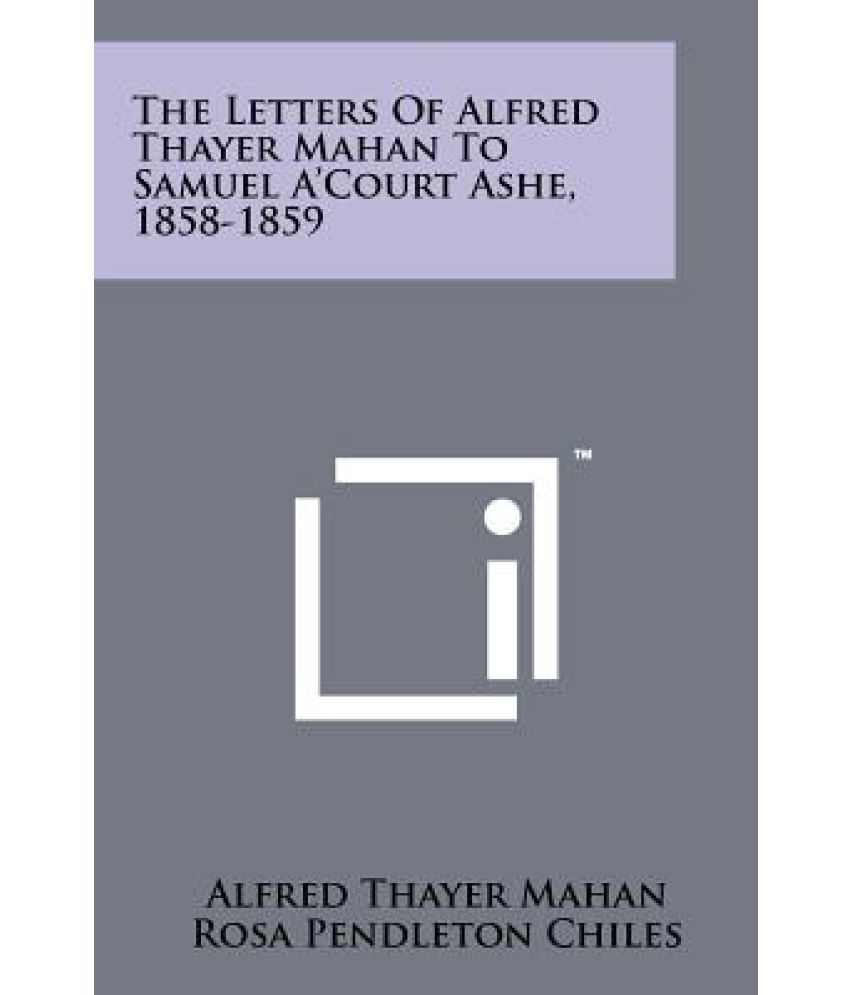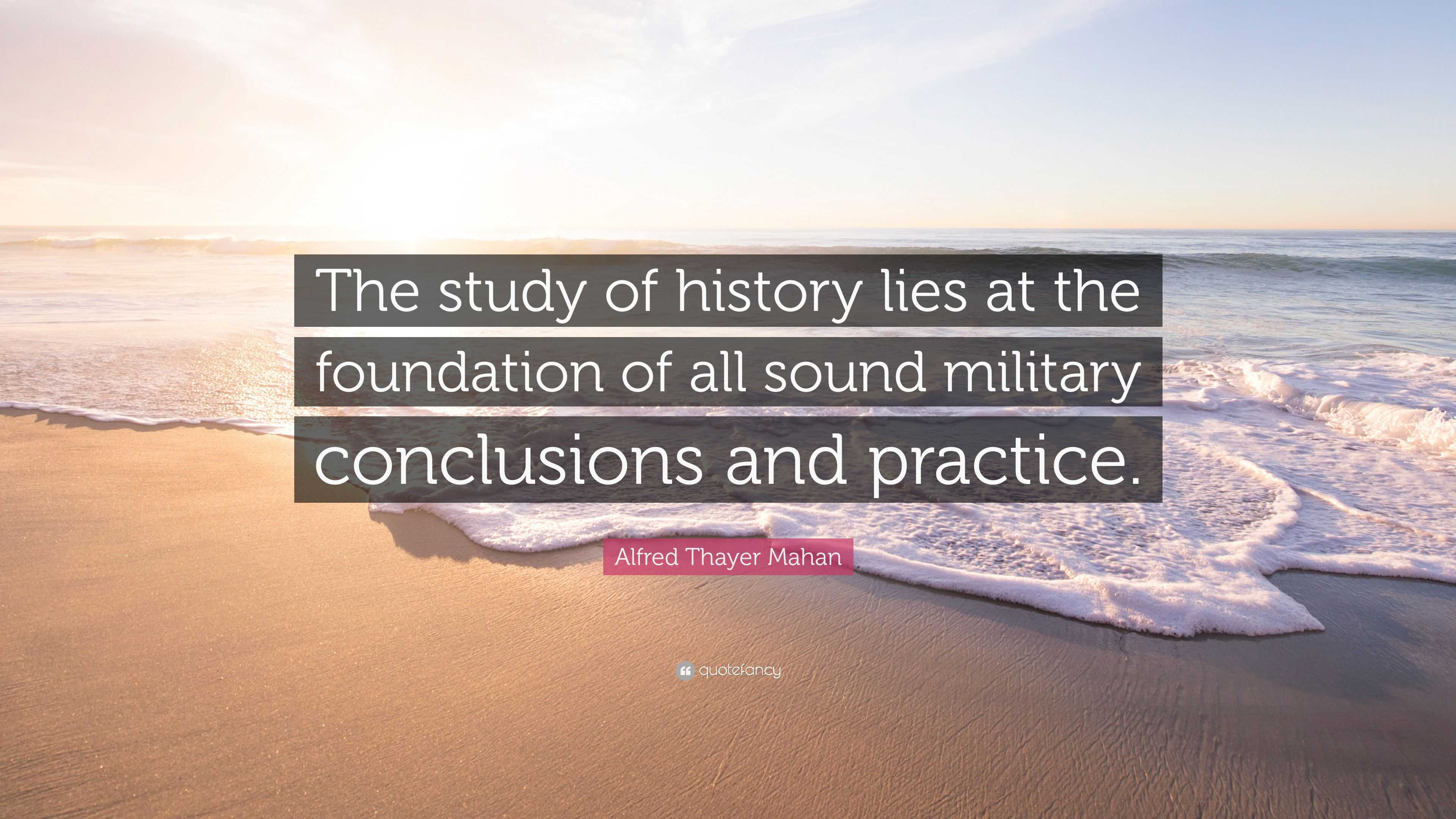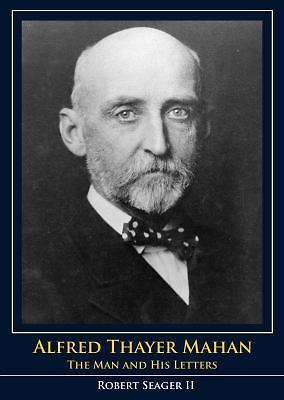

4 Policy analysis focuses on probing the “whys” of governmental behavior-to open up and probe the “black box” of the decisionmaking process so that “one could. 3 It is the proverbial “peek under the hood” at what underlies international affairs and is centered on understanding how policy is shaped and executed at the national level. ” 1 Yet the concern remains that the captain or colonel who in the classroom is learning to use analytic perspectives to examine decisionmaking could upset an already precarious civil-military relationship by giving him or her additional tools “to frustrate or evade civilian authority when the opposition seems likely to preclude outcomes the military dislikes.” 2 Policy analysis, after all, moves away from the more general study of the prevailing global and regional security trends (covered in the discipline of international relations) to concentrate on government decisionmaking.
Colonel alfred thayer mahan famous book professional#
In his lectures, Alfred Thayer Mahan noted that although the direction of national policy is properly set by the “statesmen,” political questions “are also among the data which the strategist, naval as well as land, has to consider” Mahan explicitly renounced the notion, which he said “once was so traditional in the navy that it might be called professional,” that “politics are of no professional concern to military. Soon after the formation of the Naval War College, however, that approach was reversed. Such a view helps to explain why, initially, the study of “politics”-the behind-the-scenes and often messy process by which national security decisions are made-was not deemed appropriate for officers. Indeed, many question whether military officers need to engage in the dissection and discussion of national security decisionmaking since, echoing Alfred Tennyson’s famous exhortation in his classic poem “The Charge of the Light Brigade,” “Theirs not to reason why/Theirs but to do and die.” Others take the view that, for military officers, ignorance may be bliss, following the advice popularly ascribed to the German chancellor Otto von Bismarck: “The less the people know about how sausages and laws are made, the better they sleep in the night.”


There was a certain degree of incredulity that places such as the Naval War College (and its sister institutions) would encourage their students-people bound by oath to faithfully execute the orders of the commander in chief-to probe and analyze decisions taken by the current and past Presidents as part of their academic experience. Recently, during a symposium with security studies faculty members from civilian institutions, the question arose as to how those of us who teach in the country’s professional military institutions approach the study and use of policy analysis in our classrooms.


 0 kommentar(er)
0 kommentar(er)
